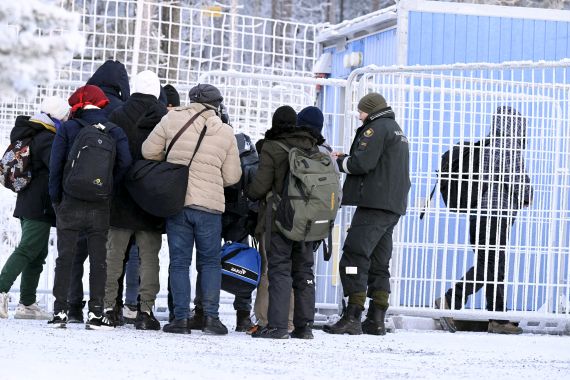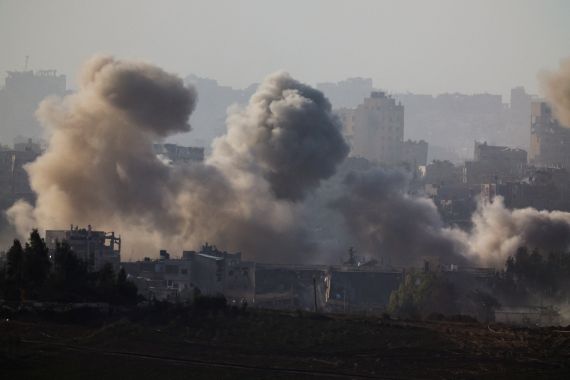Finland has decided to close all but one of its border crossings with Russia. Prime Minister Petteri Orpo announced this decision, attributing the move to a concerning increase in the arrival of refugees and migrants that the Finnish government claims Russia is intentionally pushing to their frontiers. This controversial decision has ignited a diplomatic standoff, with Helsinki accusing Moscow of weaponizing desperate refugees and migrants as retaliation for Finland’s recent entry into NATO.
Escalating Crisis at the Border
As of the end of this week, only the northernmost border crossing with Russia, Raja-Jooseppi, will remain open, marking a significant reduction in access points. The Finnish government has been grappling with a surge in arrivals, with more than 600 asylum seekers entering the country via Russia in November alone. This sharp increase contrasts starkly with the mere dozens recorded in September and October. The demographics of the arrivals are diverse, ranging from young men in their 20s to families with children, originating from countries such as Yemen, Afghanistan, Kenya, Morocco, Pakistan, Somalia, and Syria.
Accusations of Hybrid Warfare
Foreign Minister Elina Valtonen asserted on Wednesday that Russia is instrumentalizing migrants as part of its “hybrid warfare” against Finland. This provocative claim has heightened tensions between the two nations, especially considering Finland’s recent decision to join NATO in April, a move that ended decades of military non-alignment and friendly relations with Moscow. The closure of border checkpoints has prompted Finnish officials to erect barriers, including concrete obstacles topped with barbed wire, at some crossing points, underscoring the severity of the situation.
Diplomatic Standoff and Humanitarian Crisis
Moscow has categorically denied the allegations, with Russian Ministry of Foreign Affairs spokesperson Maria Zakharova expressing readiness to work with Finnish officials on a mutually acceptable solution. However, the diplomatic rift intensified on Monday when the Russian Foreign Ministry formally protested the closure of the most used checkpoints on the border. Meanwhile, Finland has reported a daily influx of 30 to 70 refugees and migrants at the Vartius and Salla checkpoints, situated in regions where winter conditions have led to temperatures as low as minus 20 degrees Celsius.
Amidst the escalating crisis, Andrei Chibis, the governor of Russia’s Murmansk region bordering Finland, described the situation as a “humanitarian crisis.” He criticized Finnish authorities, accusing them of neglecting foreign citizens in need and highlighted the harsh conditions migrants face. The EU Commissioner for Home Affairs, Ylva Johansson, pledged support to Finland, emphasizing that the Finnish border is also the EU’s border. She disclosed Finland’s request for additional operational support from Frontex, the EU’s border agency.
As Finland takes a decisive stance in response to the migrant surge, the geopolitical implications of this situation are vast. The accusations of Russia engaging in “hybrid warfare” through the instrumentalization of migrants bring echoes of past border crises in Europe.
















